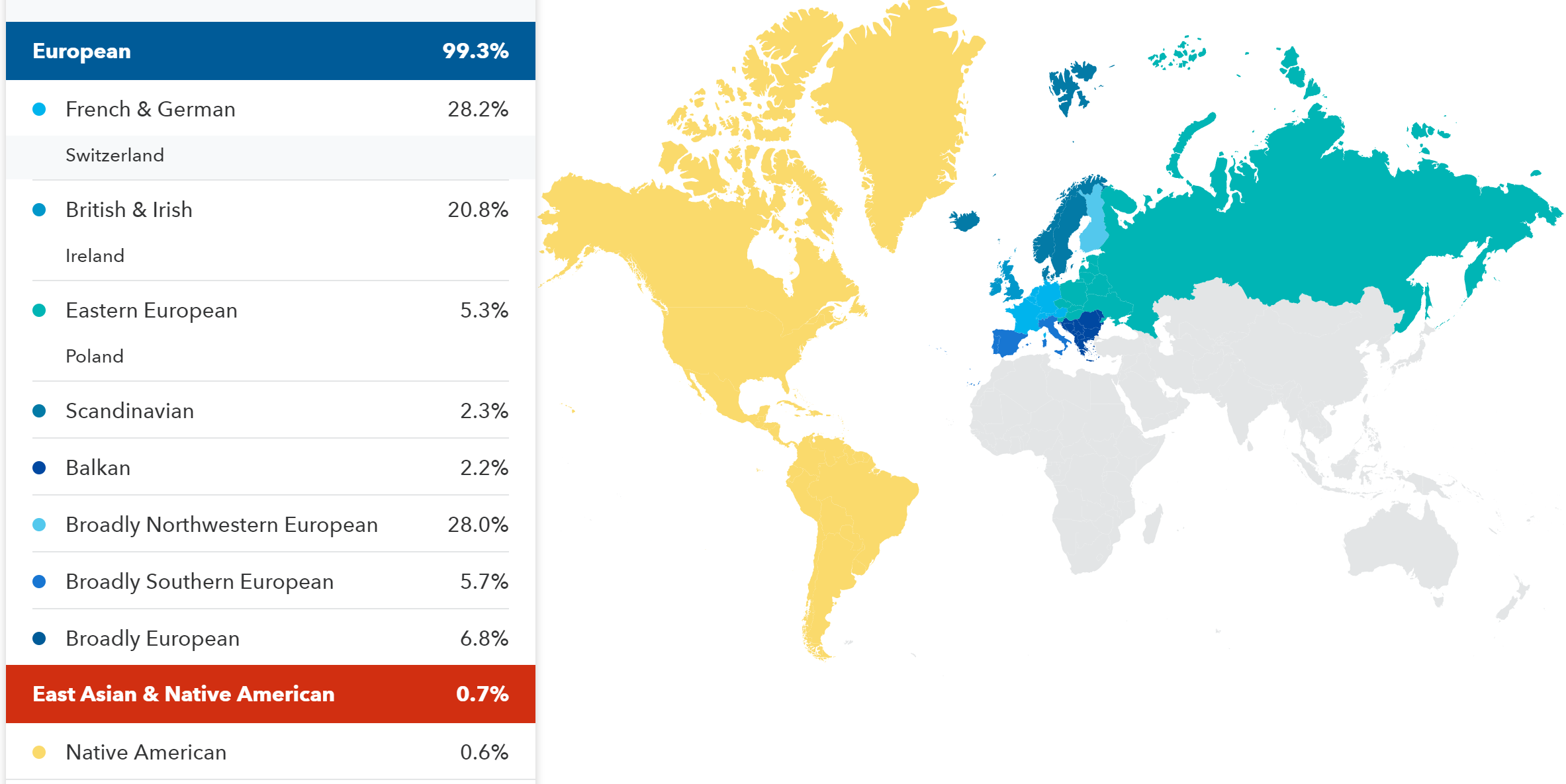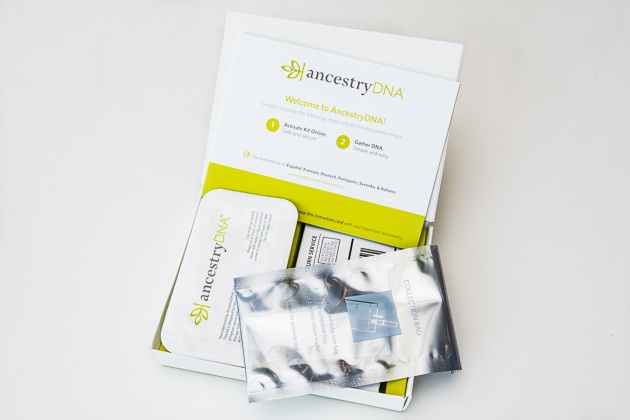By Lisa Golden
When I first heard about ancestry DNA tests, I was skeptical. Not skeptical so much of the science as I understand that DNA holds tons of information that experts are able to access, but of the information itself these at-home-tests would provide. I mean, could they ever be worthwhile? To be honest, I thought it would be an excuse for white Americans to claim their 1% Native American heritage!
While I haven’t been totally proven wrong on that last one, I have found that ancestry tests are actually very useful. There is a lot to learn from these simple DNA tests. I went looking for the best DNA test for ancestry analysis and found some excellent options.
First, however, let me explain why you might want to use an ancestry DNA test.
Who are you?
A friend of mine pointed out to me recently how strange it was to hear Americans refer to themselves as Irish, Italian, and the like, despite having been born in America to American parents and grandparents. It does sound strange. But I started thinking about it and it’s not really strange at all.
For people living in the Middle East, claiming the ancestry of our great-great-grandparents isn’t at all necessary, because we were probably born and raised in the same country, with the same religion and culture. This is probably true as well for many parts of Asia and Europe. The United States, on the other hand, has a much more shallow history (at least for non-Native Americans). It is a hodgepodge of people without one particular culture. They cling to what culture they do know from their grandparents’ grandparents.
This might be a good reason for Americans to do a DNA ancestry test, but what about you and I? If you’re an Egyptian through and through, with Egyptian ancestors as far back as you know, is there a reason for people like us to do an ancestry test?

Who are you really?
Of course, there are many people throughout the Middle East who were at some point in their past displaced, and they may be looking for the culture they may have disconnected from.
However, even for those of us with a good idea of who our ancestors were, an ancestry test can be the jolt that some of us need. I believed I was an Egyptian, but my ancestry test showed me that’s not nearly the whole truth. I not only have ancestry in other parts of Africa and the Middle East but also a significant amount of Scandinavian influence!
Only when I got these results did I realize how many unconscious prejudices I harbored. I started asking questions about myself, and they were not always questions I would have voiced to people of other cultures. But that’s the wonderfully surprising thing; the people of other cultures turned out to be my own people.
It makes sense. Not long ago, at least in a cosmological sense, humans were migratory. And beyond that, people have been continuing to move around on a smaller scale in the past thousand years.
Ancestry tests gave me the impetus to really challenge my preconceived notions of people I thought of as “other.” It made me realize that we really are all related to one big human race. Though we have our differences, much of that comes from what we’re taught, and not our bodies.

The best Ancestry DNA test
There are a few very good ancestry DNA tests out there. MyHeritage, 23andMe, and Ancestry.com will all do a good job and will be back in your hands within six to eight weeks. However, Ancestry.com has a big advantage, as their database size is far bigger than anyone else’s. Compared to 1.5 and 2 million respectively, Ancestry.com has a 7 million strong; and growing, database.
This means they have more data to compare your DNA to. They are more likely to find the small nuances and subtleties, as well as connect you with potential relatives you never knew about.

What other benefits does a DNA test have?
Ancestry tests are for more than just seeing where you fit in in the history of the human race. They can also provide some very interesting information in regard to maintaining one’s health. For example, they can tell you which foods you should probably avoid, whether you are predisposed to any medical conditions, genetic health issues, and fertility issues.
While they’re not going to diagnose you with anything, they do give you an idea of what you should test for in the future. If you’re predisposed to diabetes, you can start checking if you’re prediabetic, and how you can prevent yourself; if possible, from developing the condition. Similarly, you can start checking for certain cancers, and if any of them turn up, you can catch them and start treatment early.
Ancestry tests are more than just a fun excuse to lay claim to other cultures. They are a highly useful technological advance that we only now have access to.



